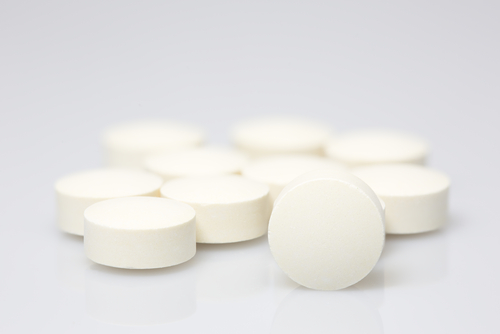Boehringer Ingelheim and Roche are teaming up to develop a new class of inflammatory bowel diseases treatments.
The partners will be focusing on therapies based on an innovative approach called Locked Nucleic Acid oligonucleotide technology.
Under their agreement, the companies will share the cost of developing and marketing treatments.
“The opportunity to work closely with the experts at Roche to discover and develop oral, gut-targeted LNAs [Locked Nucleic Acids] for the treatment of unmet medical needs in patients suffering from IBDs is extremely motivating,” Jay Fine, global head of immunology and respiratory disease research at Boehringer Ingelheim, said in a press release.
“By combining our deep knowledge of gut inflammatory diseases and immunology with Roche’s expertise in the design, development and use of LNA technology, we believe we can accelerate the delivery of novel treatments for IBD patients,” Fine said.
LNAs are a class of compounds with the potential to treat a range of illnesses, including IBD.
At the heart of the LNA approach is the relationship between genes, RNA and proteins. Genes are sections of DNA that produce proteins. RNA is an intermediary between DNA and genes’ protein production.
Abnormal genes can produce faulty RNA, which leads to abnormal proteins.
LNAs’ ability to target specific stretches of RNA makes them an ideal way to overcome the RNA problems that abnormal genes create.
Their sugar-like chemical structure is what allows them to reach RNA components that other therapies can’t.
Another advantage of LNAs is that they don’t require complex drug delivery systems.
The bottom line is that they can block the harmful effects of the gene mutations associated with inflammatory bowel diseases by targeting the faulty RNA the mutations produce.
“Everyone working in Boehringer Ingelheim’s therapeutic area of Immunology is encouraged by the scientific discovery and medical advancements that will help underserved patients with immunological diseases,” Fine said.
“We have made substantial progress in 2017, and look forward to building upon our partnership with Roche in the year ahead,” he added.

